Home>Gardening & Outdoor>Plant Care & Gardening Tips>My Mums Are Dying, What Can I Do


Plant Care & Gardening Tips
My Mums Are Dying, What Can I Do
Published: February 29, 2024
Learn essential plant care and gardening tips to save your dying mums. Discover expert advice and techniques to revive your plants.
(Many of the links in this article redirect to a specific reviewed product. Your purchase of these products through affiliate links helps to generate commission for Storables.com, at no extra cost. Learn more)
Understanding the Problem
When your mums are struggling, it's natural to feel concerned and eager to find a solution. Understanding the problem is the first step in addressing the issue effectively. It's essential to observe the condition of your mums closely and identify any signs of distress. This can include wilting leaves, discoloration, or stunted growth. By paying attention to these indicators, you can gain valuable insights into the underlying problem.
Furthermore, consider the environmental factors that may be impacting your mums. Are they receiving adequate sunlight? Is the soil well-draining? Are they being overwatered or underwatered? These are crucial questions to ponder as they can shed light on the root cause of the issue. Additionally, take note of any recent changes in the surrounding conditions, such as temperature fluctuations or exposure to drafts, as these factors can also contribute to the decline of your mums.
By delving into the specifics of your mums' environment and closely observing their physical state, you can begin to unravel the mystery behind their decline. This deeper understanding will serve as the foundation for implementing targeted solutions to revive and rejuvenate your beloved mums.
Key Takeaways:
- Observing your mums’ physical condition and environment can help identify the causes of their decline, such as watering issues, soil quality, pests, and environmental stress. This understanding is crucial for effective solutions.
- Seeking professional help and implementing preventive measures, like optimizing the environment, proper watering, soil enrichment, pest management, and nutrient supplementation, can revive your struggling mums and prevent future issues.
Read more: My Outdoor Plants Are Dying, What Can I Do?
Identifying the Causes
Identifying the causes behind the declining health of your mums is crucial for implementing effective remedies. There are several potential factors that could be contributing to their distress. By carefully examining each possible cause, you can pinpoint the underlying issues and take appropriate action to address them.
1. Environmental Stress
Environmental stressors can significantly impact the well-being of mums. Exposure to extreme temperatures, whether excessively hot or cold, can lead to wilting and discoloration. Additionally, drafts or sudden changes in environmental conditions can cause stress to the plants, manifesting as a decline in their overall health. By assessing the immediate surroundings of your mums, you can identify any environmental stressors that may be affecting them.
2. Watering Practices
Overwatering or underwatering can have detrimental effects on mums. Excess moisture in the soil can lead to root rot and other fungal diseases, while insufficient watering can result in dehydration and wilting. By evaluating your watering practices and the moisture levels in the soil, you can determine if improper watering is contributing to the decline of your mums.
3. Soil Quality
The quality of the soil in which mums are planted plays a significant role in their health. Compacted or poorly draining soil can suffocate the roots and impede proper nutrient uptake. Similarly, soil that lacks essential nutrients can hinder the growth and vitality of the plants. Conducting a soil analysis can provide valuable insights into the soil composition and its impact on the mums' well-being.
4. Pest Infestation
Pests such as aphids, mites, or caterpillars can wreak havoc on mums, causing damage to leaves, stems, and flowers. Identifying any signs of pest infestation, such as visible insects or unusual markings on the plant, is crucial in addressing this potential cause of decline.
5. Nutritional Deficiencies
Inadequate levels of essential nutrients, such as nitrogen, phosphorus, and potassium, can result in stunted growth and poor flowering in mums. Conducting a visual assessment of the plants for any signs of nutrient deficiencies, such as yellowing leaves or weak stems, can aid in identifying this potential cause.
By meticulously examining these potential causes and their respective impact on the mums, you can gain a comprehensive understanding of the underlying issues. This in-depth analysis will pave the way for targeted interventions to restore the health and vibrancy of your mums.
Seeking Professional Help
Seeking professional assistance can be instrumental in addressing complex issues affecting the health of your mums. When home remedies and DIY interventions have not yielded the desired results, consulting with a gardening expert or horticulturist can provide invaluable insights and tailored solutions to revive your struggling mums.
Professional horticulturists possess a wealth of knowledge and experience in diagnosing plant ailments and implementing effective treatment plans. Their expertise enables them to identify underlying issues that may not be immediately apparent to untrained eyes. By seeking their guidance, you can benefit from a comprehensive assessment of your mums' condition, including a thorough examination of environmental factors, soil quality, and potential pest infestations.
Moreover, horticultural professionals can conduct specialized tests to analyze the soil composition and nutrient levels, shedding light on any deficiencies or imbalances that may be impeding the mums' growth. This scientific approach allows for precise adjustments to the soil composition, ensuring that the mums receive the optimal nutrients necessary for their revitalization.
In addition to diagnostic assessments, professional horticulturists can recommend targeted pest control measures to combat infestations that may be compromising the health of your mums. Their familiarity with a wide range of pests and their behaviors equips them to devise effective strategies for eradicating these threats and safeguarding the well-being of your plants.
Furthermore, horticultural experts can provide personalized care recommendations tailored to the specific needs of your mums. This may include guidance on optimal watering practices, suitable fertilizers, and environmental adjustments to create an ideal growing environment for the plants. By following these tailored recommendations, you can proactively support the recovery and long-term flourishing of your mums.
In essence, seeking professional help offers a holistic and expert-driven approach to addressing the challenges your mums are facing. By leveraging the specialized knowledge and guidance of horticultural professionals, you can embark on a targeted and informed path toward restoring the health and vitality of your beloved mums.
Taking Preventive Measures
Preventive measures play a pivotal role in safeguarding the health and vitality of your mums, ensuring that they thrive and flourish in the long run. By proactively addressing potential stressors and vulnerabilities, you can create an optimal growing environment for your plants, minimizing the risk of future decline and enhancing their resilience. Here are essential preventive measures to consider:
1. Environmental Optimization
Assess the immediate surroundings of your mums and make adjustments to optimize their growing conditions. Ensure they receive adequate sunlight, typically around 6-8 hours per day, to support robust growth and vibrant blooms. Shield them from harsh winds and drafts, as these can induce stress and compromise their health. Additionally, maintain a consistent temperature range, avoiding extreme fluctuations that can distress the plants.
2. Proper Watering Practices
Establish a regular watering schedule based on the specific moisture needs of mums. It's crucial to strike a balance, avoiding both overwatering, which can lead to root rot, and underwatering, which can cause dehydration and wilting. Consider using a moisture meter to gauge the soil's moisture levels accurately, ensuring that your watering frequency aligns with the plants' requirements.
3. Soil Enrichment
Prioritize soil quality by incorporating organic matter, such as compost or well-rotted manure, to enhance its structure and nutrient content. This enriches the soil, promoting healthy root development and robust growth. Conduct periodic soil tests to assess its pH levels and nutrient composition, allowing for targeted amendments to optimize the soil for mums' specific needs.
4. Pest Management
Implement preventive pest control measures to safeguard your mums from potential infestations. Regularly inspect the plants for signs of pests and promptly address any issues to prevent the spread of infestations. Consider natural pest deterrents or companion planting strategies to deter common pests and protect the well-being of your mums.
Read more: How Do I Save My Potted Mums For Next Year?
5. Nutrient Supplementation
Supplement the soil with balanced fertilizers formulated for flowering plants to ensure that your mums receive essential nutrients for robust growth and prolific blooming. Select fertilizers with a balanced NPK ratio suitable for mums' specific requirements, and apply them according to recommended guidelines to avoid over-fertilization, which can harm the plants.
By integrating these preventive measures into your mums' care routine, you can fortify their defenses against potential stressors and challenges, fostering an environment conducive to their sustained health and vitality. These proactive steps not only mitigate the risk of future issues but also contribute to the long-term well-being and flourishing of your cherished mums.
Supporting Others in Similar Situations
Supporting others who are facing similar challenges with their plants can be a meaningful way to share knowledge, offer empathy, and foster a sense of community among gardening enthusiasts. As you navigate through your own journey of reviving your struggling mums, extending support to fellow gardeners can create a network of mutual assistance and camaraderie. Here are several impactful ways to provide support to others encountering similar situations:
-
Sharing Personal Experiences: Reflect on your own experiences in addressing the issues affecting your mums. By sharing the specific challenges you encountered and the strategies that proved effective in revitalizing your plants, you can offer valuable insights and practical guidance to others facing similar dilemmas. Your firsthand accounts can serve as a source of inspiration and empowerment for fellow gardeners seeking solutions for their ailing plants.
-
Offering Practical Tips and Advice: Share practical tips and actionable advice based on your learnings and research. Whether it's guidance on optimal watering practices, soil enrichment techniques, or pest management strategies, providing clear and concise recommendations can equip others with the knowledge and tools to address their plant care concerns effectively.
-
Empathetic Listening: Actively listen to the experiences and challenges shared by others without judgment. Demonstrating empathy and understanding can create a supportive environment where individuals feel comfortable expressing their concerns and seeking guidance. By acknowledging the emotions tied to nurturing plants, you can foster a sense of solidarity and encouragement within the gardening community.
-
Encouraging Collaboration and Knowledge Exchange: Encourage open dialogue and knowledge exchange among gardening enthusiasts. Facilitate discussions where individuals can freely exchange ideas, troubleshoot issues collectively, and offer diverse perspectives on plant care. Emphasize the value of collaboration and the collective wisdom that emerges from shared experiences and insights.
-
Promoting Continuous Learning: Advocate for continuous learning and experimentation in plant care practices. Encourage others to explore new techniques, embrace innovative approaches, and stay informed about advancements in gardening methodologies. By fostering a culture of curiosity and ongoing learning, you can inspire a dynamic and progressive community of gardeners dedicated to nurturing healthy and thriving plants.
By actively engaging in these supportive actions, you can contribute to a nurturing and inclusive gardening community where individuals feel empowered to overcome challenges, share their knowledge, and celebrate the joys of successful plant care. Your willingness to support others in similar situations not only enriches the collective expertise within the gardening community but also fosters a culture of compassion, collaboration, and resilience.
Frequently Asked Questions about My Mums Are Dying, What Can I Do
Was this page helpful?
At Storables.com, we guarantee accurate and reliable information. Our content, validated by Expert Board Contributors, is crafted following stringent Editorial Policies. We're committed to providing you with well-researched, expert-backed insights for all your informational needs.

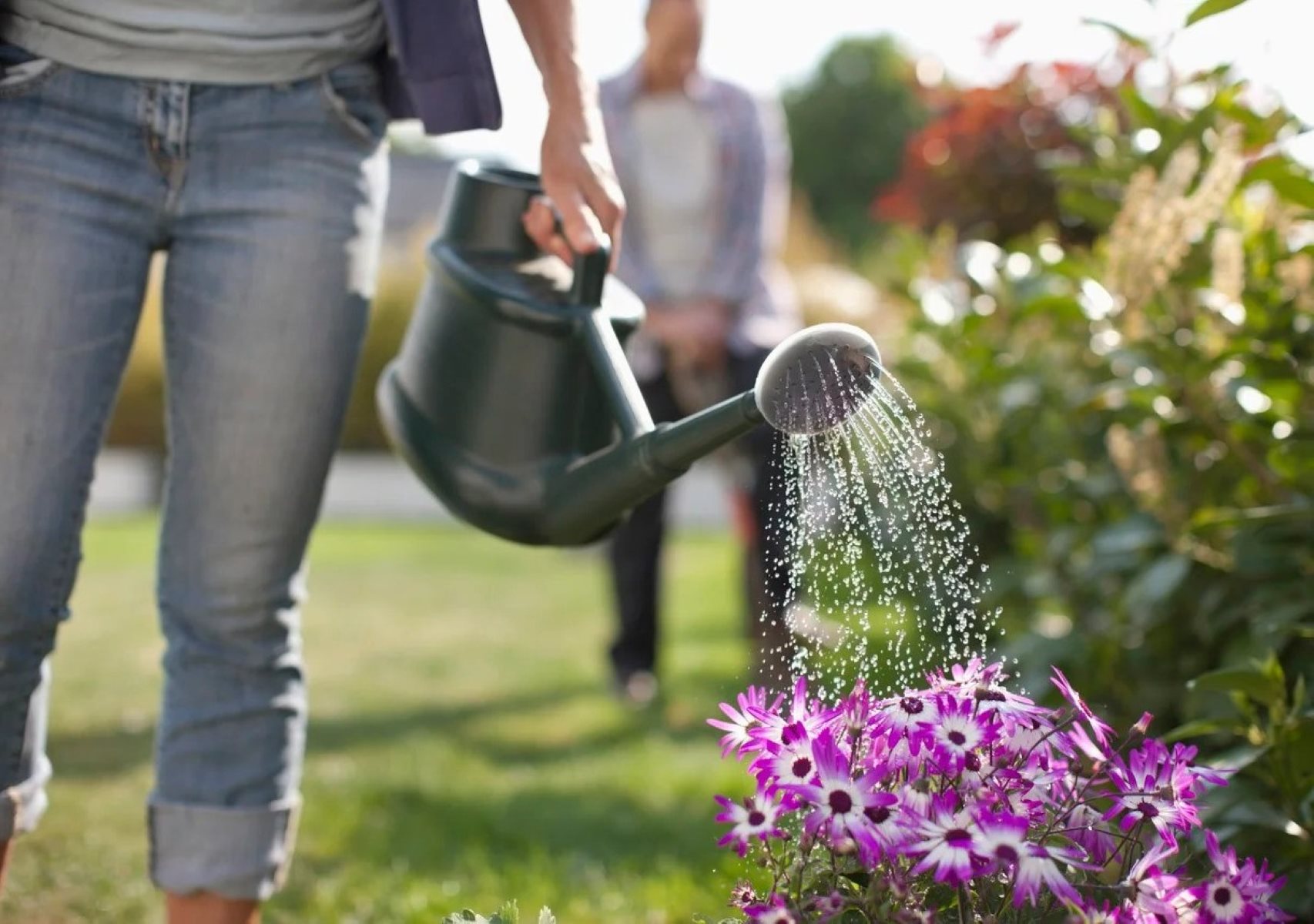

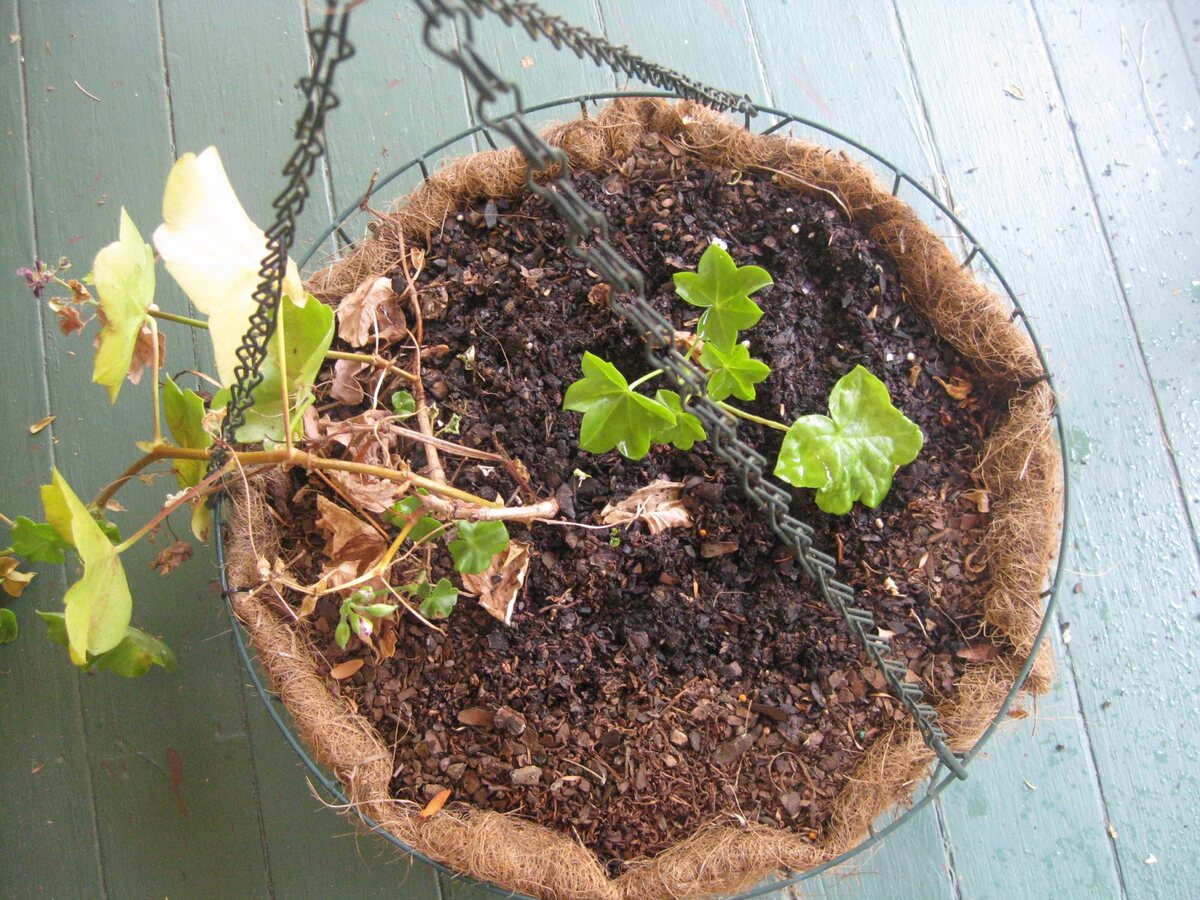
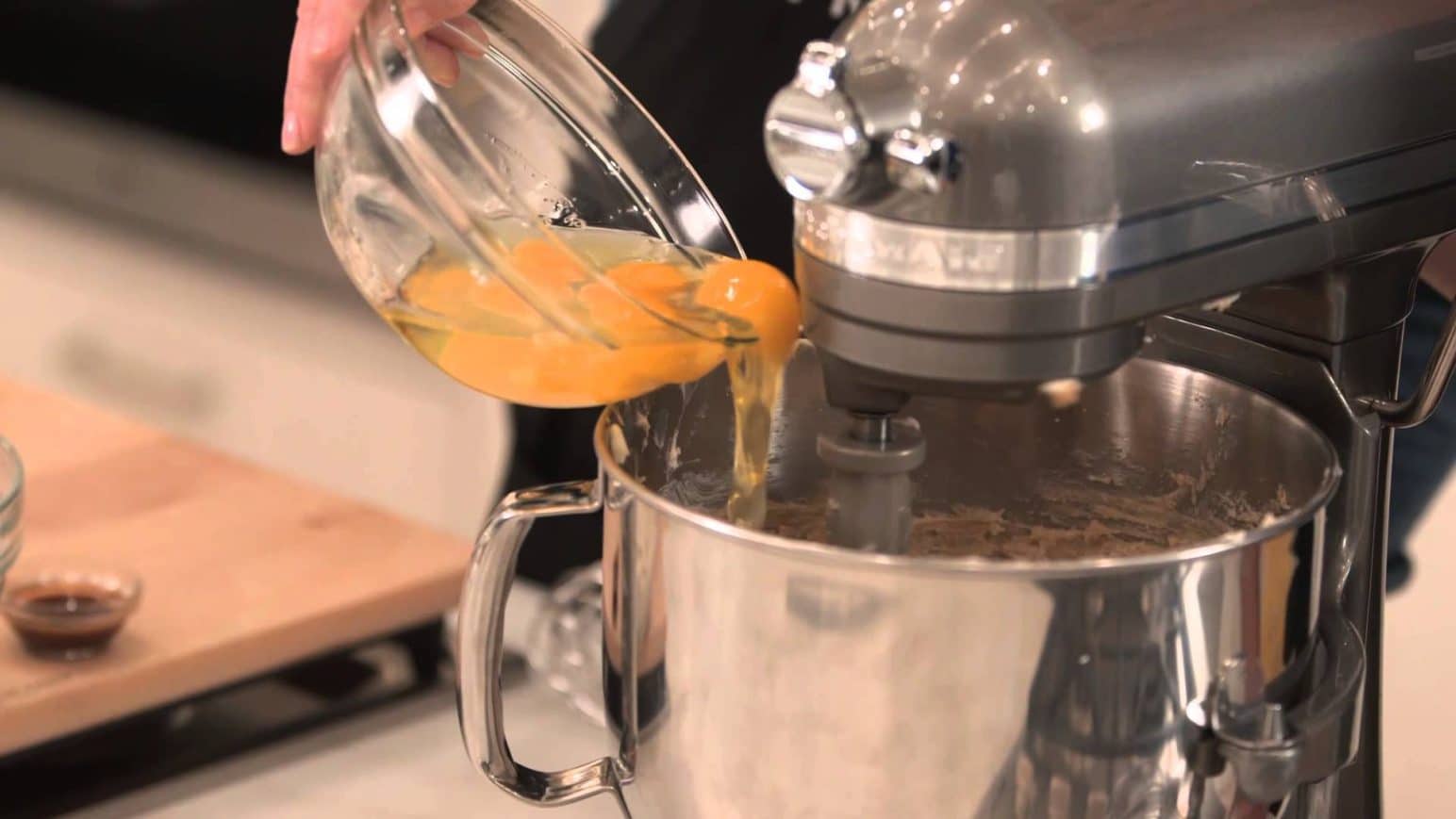




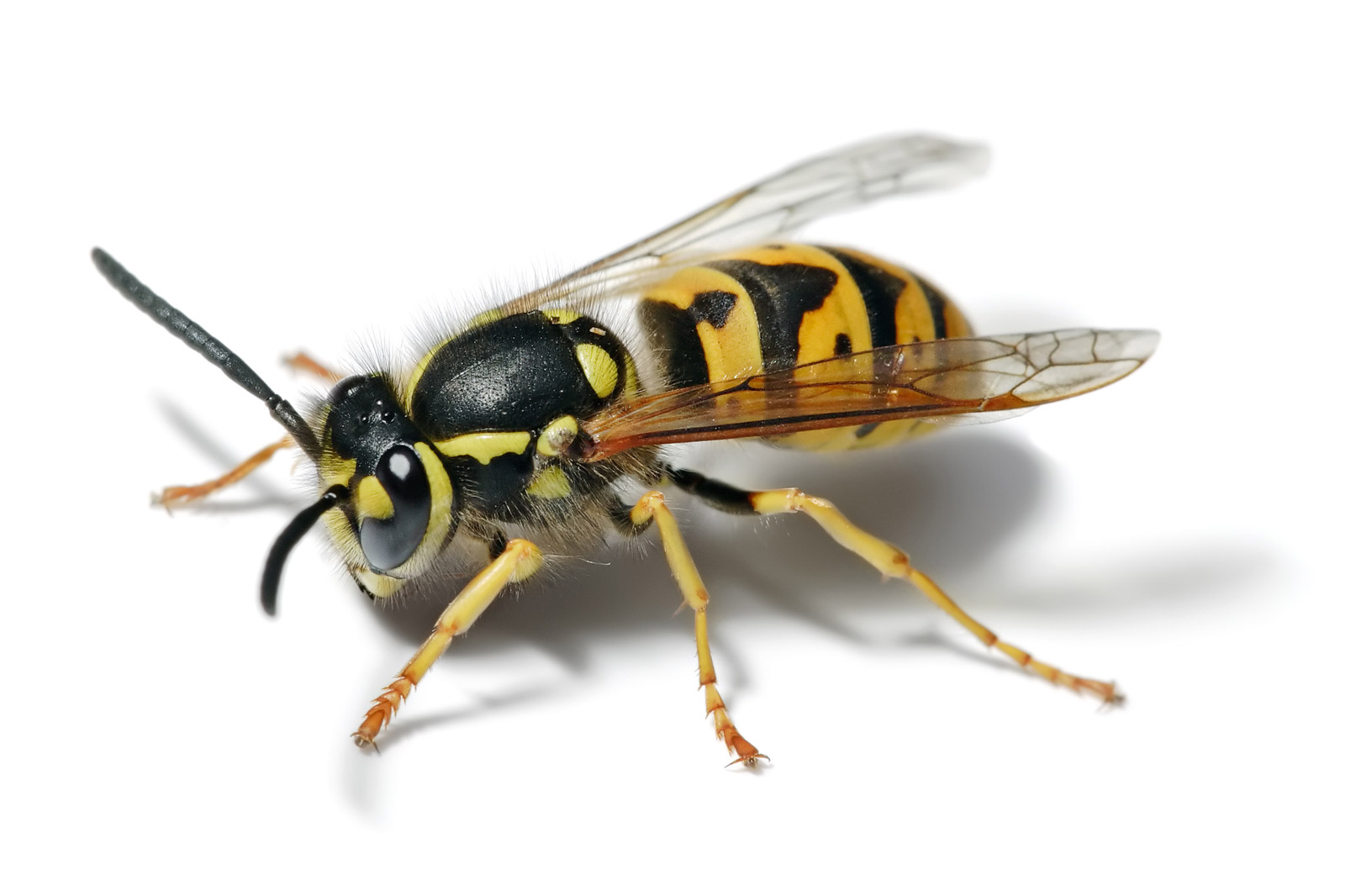

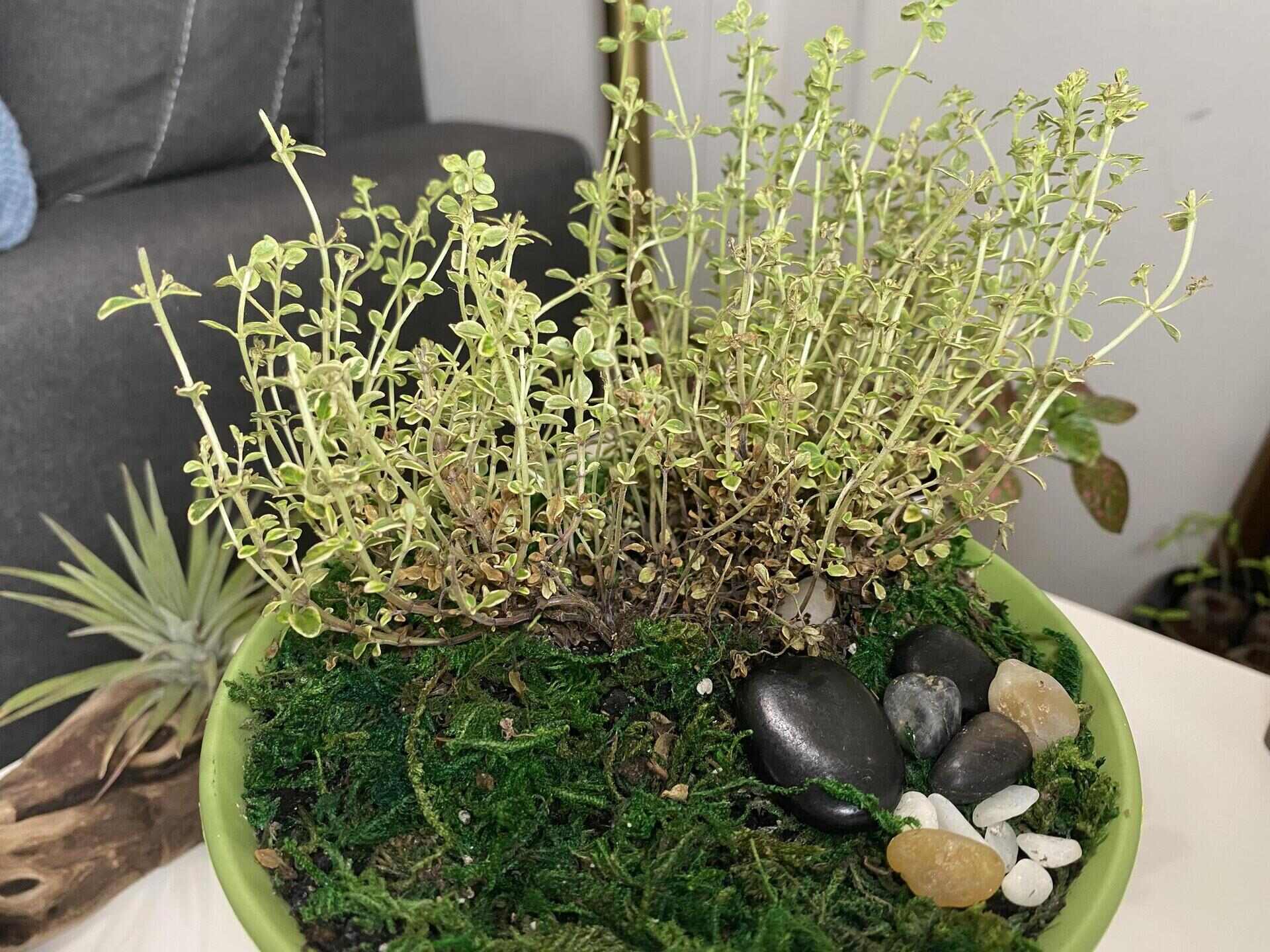

0 thoughts on “My Mums Are Dying, What Can I Do”